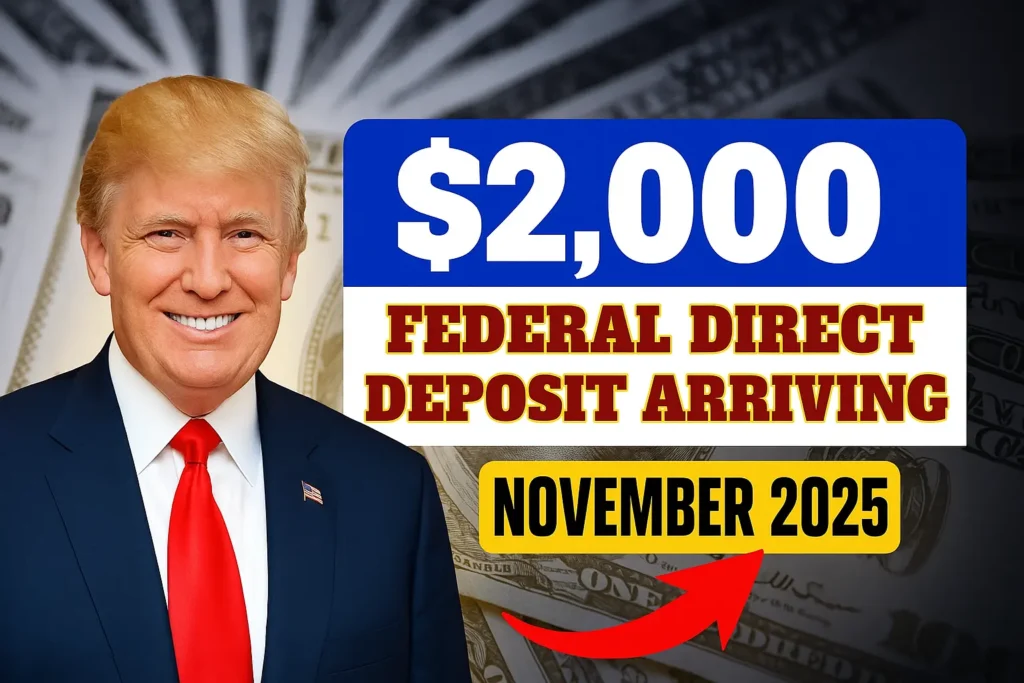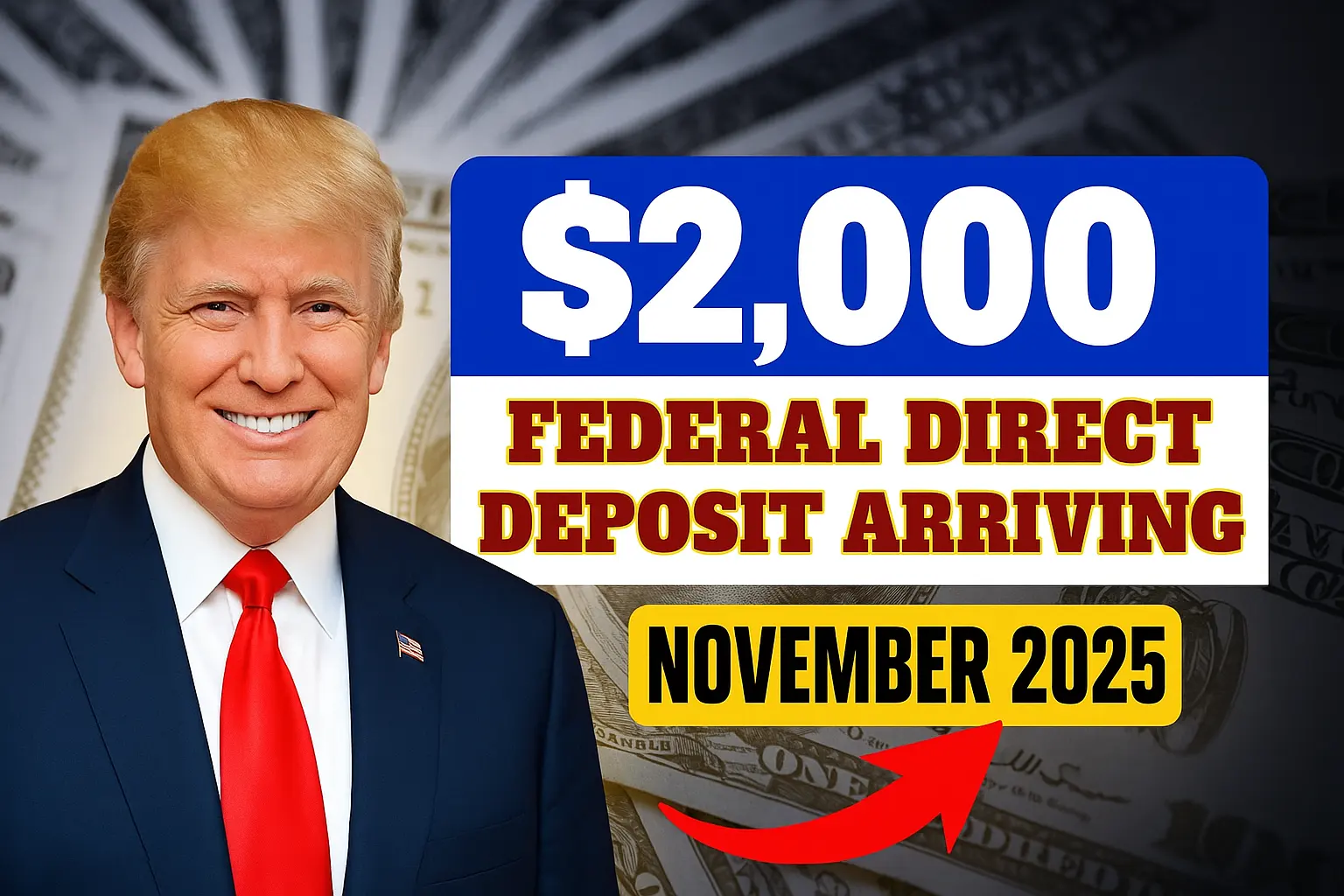Social media is lighting up with claims that the federal government or the IRS will send a $2,000 direct deposit to Americans this November 2025. Before you get excited or click any “claim” links, here’s a clear, no-nonsense breakdown: as of the latest official guidance, there is no federally announced $2,000 stimulus direct deposit scheduled for November 2025. Verify any payment news through official agencies before sharing personal or banking information.
Also Read: This 1988 $1 Bill Could Be Worth $5,000 — Here’s How to Tell

What people are seeing online — and why it’s confusing
Viral posts, videos, and message chains often mix three different things: (1) state or local one-time relief programs, (2) Alaska’s Permanent Fund Dividend (which pays residents a specific amount annually), and (3) older federal stimulus programs from the pandemic era. That mix creates misleading headlines like “$2,000 incoming” even when no federal law or Treasury/IRS announcement supports it. Fact-checkers and major news outlets warn these posts are unverified or false.
Official position — check IRS and Treasury first
If Congress or the administration authorized a new nationwide stimulus, the Treasury Department and the Internal Revenue Service would publish official notices. Right now, the IRS news page and Treasury releases do not list a $2,000 direct deposit program for November 2025. Always rely on these official sources for confirmed payments:
IRS official site: https://www.irs.gov/
U.S. Department of the Treasury: https://home.treasury.gov/
Who might see money in November (and why it’s not a new $2,000 check)
Some people will receive legitimate federal or state deposits this fall — but they are not a single $2,000 federal stimulus for everyone:
- The IRS continues targeted automatic payments for a limited group of taxpayers (for example, some Recovery Rebate Credit corrections issued earlier), but those are not new broad stimulus rounds.
- State or local governments sometimes issue one-time relief checks or expanded benefits; those vary by state and are unrelated to a federal $2,000 program.
- Alaska residents receive the Permanent Fund Dividend (PFD) annually; that amount can appear in headlines and be confused with a federal stimulus.
How to protect yourself from scams
Scammers seize on viral stimulus claims. Never click random links or give bank routing numbers, Social Security numbers, or copies of ID in response to a message about a “$2,000 deposit.” If you get an unexpected notice: do not call numbers in the message, don’t click embedded links, and verify the information at the official agency site (IRS or Treasury). If you suspect a scam, report it to the FTC at https://reportfraud.ftc.gov/ and to the Treasury/IRS if the message specifically references those agencies.
What you should do right now
- If you see a social post about a $2,000 federal deposit, treat it as unverified until you confirm it on https://www.irs.gov or https://home.treasury.gov.
- Check your official IRS account (if you have one) and your bank’s secure messages for any legitimate notices. The IRS will not contact taxpayers by text asking for banking details.
- Look for state-level announcements from your governor or state revenue/benefits website if you think a local relief program was announced.
- If you already clicked a suspicious link and entered personal info, contact your bank immediately and consider placing fraud alerts with the credit bureaus.
FAQs
Q1: Is the IRS issuing a $2,000 stimulus direct deposit in November 2025?
No. There is no official IRS or Treasury announcement of a nationwide $2,000 direct deposit for November 2025. Always confirm on the IRS news page (https://www.irs.gov/newsroom) or Treasury releases (https://home.treasury.gov/).
Q2: I saw a post saying “$2,000 direct deposit — click here.” What should I do?
Do not click. That post is almost certainly a scam or unverified rumor. Report it, delete the message, and only check official sites for confirmation. If you entered banking info, contact your bank immediately.
Q3: Where can I find legitimate info on payments I might qualify for?
For federal announcements: IRS (https://www.irs.gov) and U.S. Department of the Treasury (https://home.treasury.gov). For Social Security or retirement benefits: Social Security Administration (https://www.ssa.gov). For state programs, check your official state government website.
Final note: Viral money claims travel fast — official confirmation travels slow and deliberate. If a true federal payment of this size were authorized, it would appear first on IRS and Treasury channels. Check those sites before sharing personal details or celebrating deposits.

8 thoughts on “$2,000 Federal Direct Deposit Arriving This November 2025 – Check If You’re Eligible!”